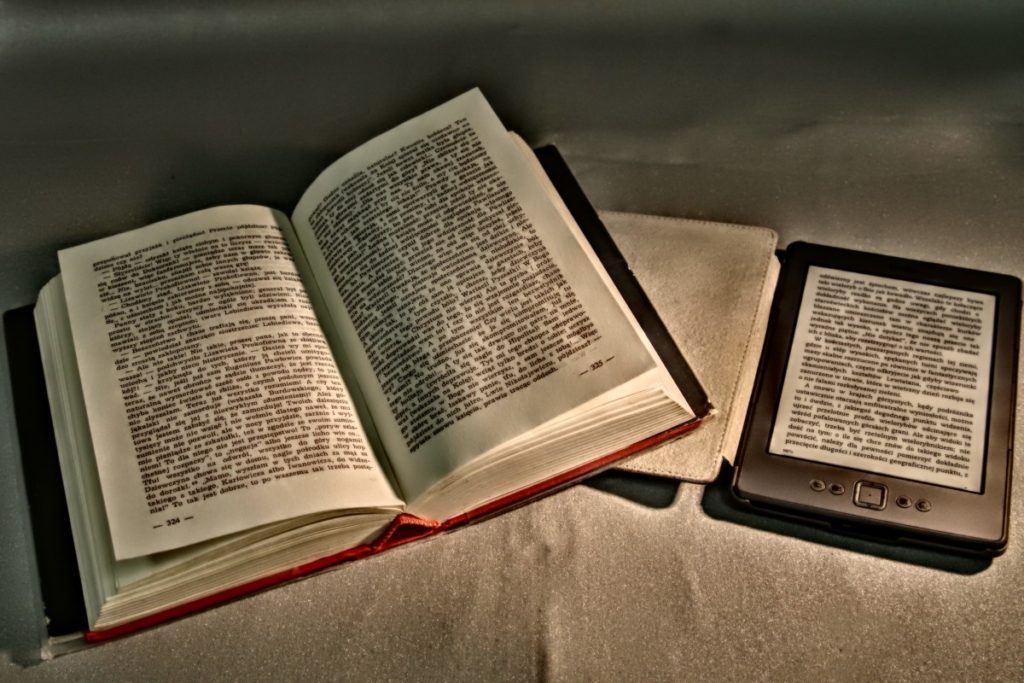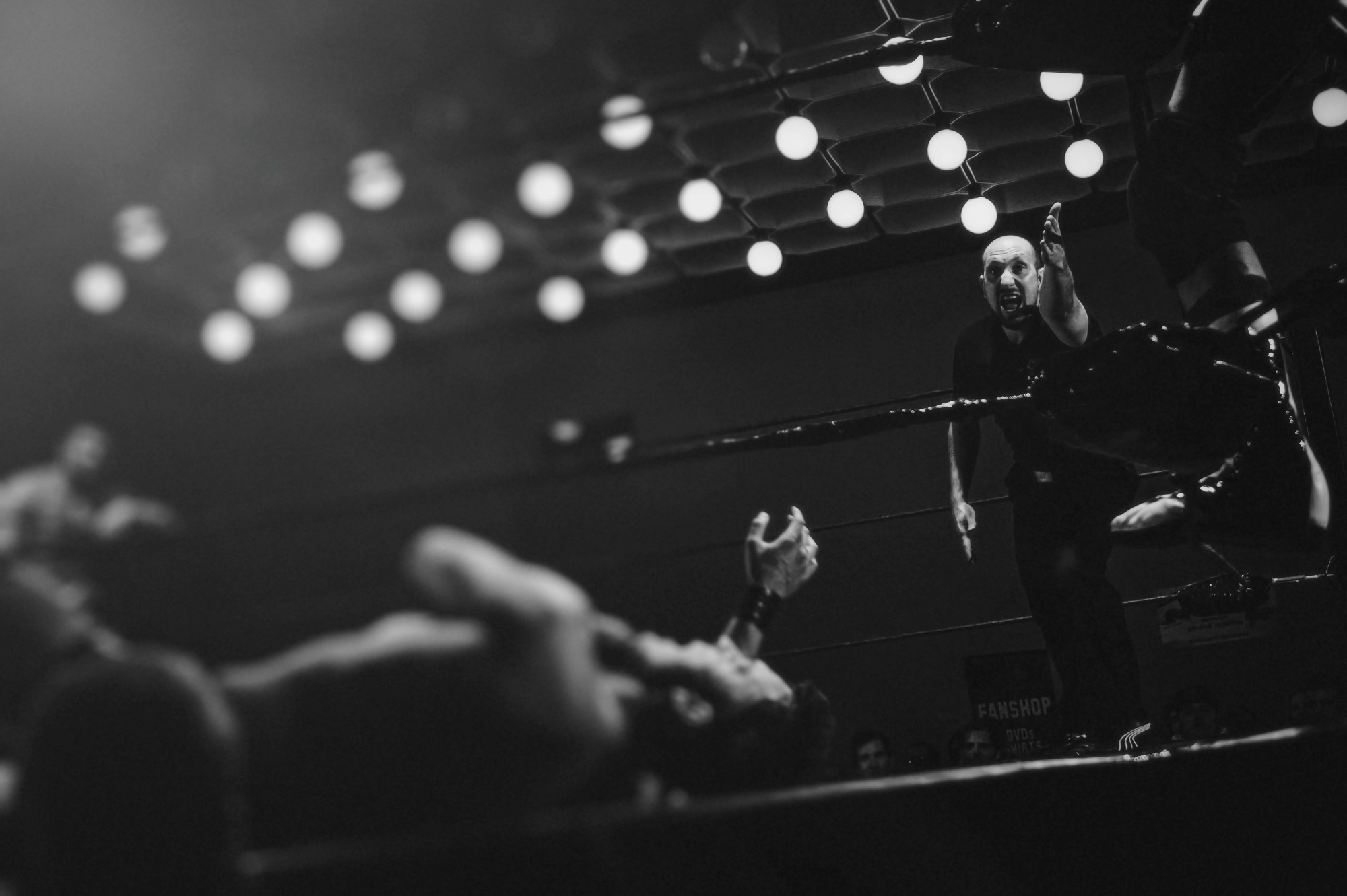
The Wayback Machine is a well-known resource to law school journal editors and many other people. For editors, it is a tool to confirm the accuracy of claims cited using webpages that are no longer accessible or behind a paywall.1 But the Wayback Machine is just one project from the nonprofit Internet Archive.2 The organization seeks to archive as much knowledge on its servers as it can get ahold of so that it can “provide Universal Access to All Knowledge.”3 This knowledge includes webpages, books, texts, images, audio recordings, videos, and software programs.4 It is a virtual anthropological horde. But some of that information is undoubtedly going to be copyrighted material. That is where the Internet Archive has had some legal troubles.
The goal of the Open Library is much the same as Internet Archive as a whole. The Open Library shares information with humankind by lending out books, similar to a library.5 But unlike a regular library, which is limited to a geographic region, the Open Library is only limited to the internet, which is to say it is nearly limitless.6 The Open Library’s goal is not only to grant knowledge but to save it. Books that might otherwise be forgotten are saved forever in what could eventually be the world’s largest library.7 It uses a theory called Controlled Digital Lending.8 The Open Library uploads a scanned version of a book it has acquired, which happens through donations9 or sponsorships,10 and allows anyone to reserve and take out that book.11
Recent trouble began during the Covid-19 Pandemic. Many traditional libraries and other educational resources were initially closed or hard to access. The Open Library initiated a program called the National Emergency Library, which suspended its waiting list to allow multiple people to access individual books in its database.12 The Open Library planned to keep the initiative open for the duration of the pandemic.13 However, publishers, who already viewed the project as an act of public piracy, condemned the effort. Four publishers filed a lawsuit in the Southern District of New York against Internet Archive.14
The plaintiffs in the lawsuit are targeting both the National Emergency Library initiative and the Open Library as a whole. With 1.3-1.4 million books of copyrighted material on its virtual shelves, the plaintiffs believe the Open Library’s “piracy” is no small matter.15 The plaintiffs argue that unlike regular libraries, the Open Library’s system destroys the book publishing industry because it fails to compensate copyright holders for the work, which in turn disincentivizes writing and publishing books at all.16 The initiative exacerbates this problem during an already difficult time for the book industry.17 As their Complaint puts it, “[f]ree is an insurmountable competitor.”18 The publishers accuse the Open Library of essentially being bad-faith actors who mislead the public and know their actions are illegal. Many authors have voiced support for the lawsuit and are frustrated by the loss of income.19
The claim is that the Open Library’s actions violate copyright law because it does not have the copyright holders’ permission to transpose the book, even if they are legally owned, to another format.20 These different book mediums are not interchangeable, despite how the Open Library treats them.21 Terms of ownership of a print book versus a digital book are usually different.22 Furthermore, the Open Library does not pay publishers licensing fees which traditional libraries pay.23 The plaintiffs formally argue two causes of action, Direct and Secondary Copyright Infringement both under 17 U.S.C. §101.24 The relief they are seeking includes an injunction and damages.25
After criticism from the publishing industry and others, Internet Archive posted a detailed response, for the benefit of the apprehensive public, as to why it created the National Emergency Library.26 Later, in response to the lawsuit, Internet Archive posted a short response on its website.27 It is “disappointed” with the lawsuit and asserts it is doing nothing wrong.28 The lawsuit “is not in anyone’s interest,” the statement reads, especially during the pandemic when access to books is limited.29
Internet Archive filed an Answer to the Complaint.30 It denies most of the plaintiffs’ claims.31 It does not believe its actions are significantly different than that of a regular library.32 Furthermore, Internet Archive asserts seven affirmative defenses to the allegations.33 Those related to copyright law are Fair Use (17 U.S.C § 107), First Sale Doctrine (17 U.S.C § 107), and Safe Harbor (17 U.S.C. § 512(c)).34
Soon after the suit, the Open Library ceased its policy.35 But the lawsuit is not moot because its central theory concerns the Open Library’s general practice as copyright infringement. The initiative was just the provoking force for the publishers to sue.
Interestingly, many of these same publishers have recently been involved in a class-action lawsuit, similarly filed in the Southern District of New York, for collaborating with Amazon to drive up e-book prices.36 Behavior like this could be a motivating factor behind Internet Archive’s entire mission. While such evidence may not be admissible in the Internet Archive lawsuit, especially because it is an antitrust rather than copyright issue, it is an interesting piece of background information that informs the context of the lawsuit.
Despite the circumstances under which this lawsuit has come about, its issues are part of a long battle of what information should be accessible and to whom.37 It is an exchange of whether the internet should be an open place and information should be exchanged freely versus the desire to protect intellectual property in a way that rewards creators.38 Internet Archive is not the only website trying to promote an open source vision of the internet, however the question is how the entity will be a part of judicial and legislative answers.
Chani Morgenstern is a Second Year Law Student at the Benjamin N. Cardozo School of Law and a Staff Editor at the Cardozo Arts & Entertainment Law Journal. Her interest in books began from a young age and has varied greatly in genre since then. She spends most of her reading time now on casebooks and journal articles but hopes to change that this year.
- See generally Internet Archive, https://archive.org/web/ (last visited Feb. 8, 2021).
- Projects, Internet Archive, https://archive.org/projects/ (last visited Feb. 8, 2021).
- About, Internet Archive, https://archive.org/about/ (last visited Feb. 8, 2021).
- Id.
- See generally Open Library, https://openlibrary.org/ (last visited Feb. 8, 2021).
- Open to anyone with internet access, which is increasingly a large portion of the world. See Joseph Johnson, Worldwide Digital Population as of October 2020, Statista (Jan. 27, 2021) https://www.statista.com/statistics/617136/digital-population-worldwide/#:~:text=How%20many%20people%20use%20the,percent%20of%20total%20internet%20users.
- Pamela Samuelson & Kathryn Hashimoto, The Enigma of Digitized Property: A Tribute To John Perry Barlow, 18 Duke L. & Tech. Rev. 103 (Aug. 2019).
- Maria Bustillos, Publishers Are Taking the Internet to Court, The Nation (Sep. 10, 2020), https://www.thenation.com/article/society/publishers-are-taking-the-internet-to-court/.
- Bookdrive, Open Library, https://openlibrary.org/bookdrive (last visited Feb. 8, 2021).
- Sponsorship, Open Library, https://openlibrary.org/sponsorship (last visited Feb. 8, 2021).
- Open Library, https://openlibrary.org/ (last visited Feb. 8, 2021).
- Colin Dwyer, ‘National Emergency Library’ Lends A Hand — And Lots Of Books! — During Pandemic, NPR (Mar. 26, 2020), https://www.npr.org/sections/coronavirus-live-updates/2020/03/26/821925073/national-emergency-library-lends-a-hand-and-lots-of-books-during-pandemic.
- Id.
- The publishers were Hachette Book Group, Inc., HarperCollins Publishers LLC, John Wiley & Sons, Inc., and Penguin Random House LLC. Hachette Book Group, Inc. et al v. Internet Archive et al, Law360, https://www.law360.com/cases/5ed50291059cb7037b860a45 (last visited Feb. 8, 2021). Three of these publishers are the three most prosperous book publishers. The Largest Book Publishers in 2021, reedsyblog, https://blog.reedsy.com/largest-book-publishers/ (last visited Jan. 28, 2021). Penguin Random House is set to acquire Simon and Schuster, also a top publisher. Alexandra Alter & Edmund Lee, Penguin Random House to Buy Simon & Schuster, N.Y. Times (Nov. 25, 2020), https://www.nytimes.com/2020/11/25/books/simon-schuster-penguin-random-house.html. Some suggest this merger is encouraging monopolies to form and this should be stopped. Dorothy Pindea, Authors Guild Urges DOJ to Stop Simon & Schuster and Penguin Random House Merger, L.A. Times (Jan. 29 2021), https://www.latimes.com/entertainment-arts/books/story/2021-01-29/authors-guild-urges-doj-to-stop-simon-schuster-penguin-random-house-merger.
- Complaint, Hachette Book Group, Inc. v. Internet Archive, (S.D.N.Y. 2020) (No. 1:20-cv-04160-JGK).
- Id.
- Bookstores and Libraries were closed during the initial months of the pandemic. Some have transitioned to more online lending or selling. Some have since reopened, though more limited than before. Alexandra Alter, The World of Books Braces for a Newly Ominous Future, N.Y. Times (Mar. 16, 2020), https://www.nytimes.com/2020/03/16/books/coronavirus-impact-publishing-industry-booksellers-authors.html. Furthermore, Americans are reading less than they used to. Caleb Crain, Why we Don’t Read, Revisited, The New Yorker (June 14, 2018), https://www.newyorker.com/culture/cultural-comment/why-we-dont-read-revisited; Andrew Perrin, Who Doesn’t Read Books in America, Pew Research Center (Sep. 26, 2019), https://www.pewresearch.org/fact-tank/2019/09/26/who-doesnt-read-books-in-america/.
- Complaint, Supra note 15 at 4.
- Colin Dwyer, Authors, Publishers Condemn The ‘National Emergency Library’ As ‘Piracy’, NPR (Mar. 30, 2020), https://www.npr.org/2020/03/30/823797545/authors-publishers-condemn-the-national-emergency-library-as-piracy. However, before the pandemic, many authors were calling out the industry for paying practices and other unfair practices towards authors. Constance Grady, How A Year of Publishing Protests Rocked the Industry, Vox (Dec. 22, 2020), https://www.vox.com/culture/22176959/publishing-protests-hachette-walkout-american-dirt-publishing-paid-me-day-of-action.
- Complaint, supra note 15 at 3-4. Supra note 8.
- Id.
- Id.
- Elizabeth A. Harris, Internet Archive Will End Its Program for Free E-Books (June 11, 2020), N.Y. Times, https://www.nytimes.com/2020/06/11/books/internet-archive-national-emergency-library-coronavirus.html.
- Complaint, supra note 15 at 47-51.
- Id at 51-52.
- Senator Thom Tillis, who is chairman of the intellectual property subcommittee on the Senate Judiciary Committee, is among the critics of IA. See Harris, supra note 21; Chris Freeland, Internet Archive Responds: Why we Released the National Emergency Library, Internet Archive Blogs (Mar. 30, 2020), https://blog.archive.org/2020/03/30/internet-archive-responds-why-we-released-the-national-emergency-library/. Many libraries and colleges on the other hand, spoke out in support of Open Library. Supra note 8
- Brewster Kahle, Four Commercial Publishers Filed a Complaint about the Internet Archive’s Lending of Digitized Books, Internet Archive Blogs (June 1, 2020), https://blog.archive.org/2020/06/01/four-commercial-publishers-filed-a-complaint-about-the-internet-archives-lending-of-digitized-books/.
- Id.
- Id.
- Answer and Affirmative Defenses to The Complaint, Hachette Book Group, Inc. et al v. Internet Archive et al, (S.D.N.Y. July 1, 2020) (No. 1:20-cv-04160-JGK).
- Id.
- Id.
- Id at 24-25.
- Id.
- See Harris, supra note 23.
- Tyler Sonnemaker, Amazon Hit With Class-Action Antitrust Lawsuit Alleging It Colluded With Major Publishers To Illegally Drive Up E-Book Prices By 30%, Business Insider (Jan. 15, 2021), https://www.businessinsider.com/amazon-hit-with-antitrust-lawsuit-alleging-ebook-price-fixing-2021-1.
- Jeff John Roberts, As Libraries Fight for Access to E-Books, a New Copyright Champion Emerges, Fortune (Nov. 28, 2020), https://fortune.com/2020/11/28/digital-publishing-copyright-champion-lila-bailey-internet-archive/. See generally Candeub & McCartney, Law and the Open Internet, 64 Fed. Comm. L.J. 493 (2011-2012); Friedlander, Net Neutrality and the FCC’s 2015 Open Internet Order, 31 Berkeley Tech. L.J. 905 (2016).
- See generally Samuelson & Hashimoto, supra note 7; Daniel Reetz, D Is for Digitize Symposium: The Why In Diy Book Scanning, 55 N.Y.L. Sch. L. Rev. 251 (2010/2011). Open Library and its proponents argue that its services are especially relevant now because of the current pressing need for access to virtual scholarship in a time when physical access to information is limited, if not impossible. Google Books is also facing similar conversations. See generally Timothy J. Busse, Crossing The Digital Rubicon: Google Books And The Dawn Of An Electronic Literature Revolution, 18 Houston Bus. & Tax L.J. 119 (2018).



